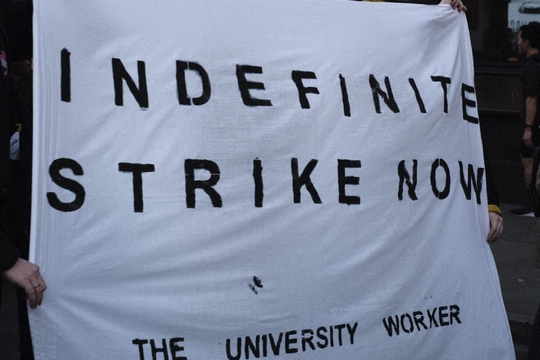Issue 17:
In and Against the Union
April 19, 2023

Britain is a society in decay. Since 2008, a gradual process of post-Imperial decline has accelerated into something more dramatic. The economy is now defined by the stagnation of real wages, the intensification of work, the undermining of employment protections , the massive expansion of precarity, and the further consolidation of a pattern of low wage, low productivity work in the service sector.
Society more broadly has also taken a beating. Austerity plunged millions into poverty, kicked off the managed decline of public services and the cannibalisation of social infrastructure. More and more people are facing declining living standards, including those who previously thought they were secure. The state has taken on an increasingly authoritarian form, evidenced by a gradual increase in the repression of strikes and protests. This began with the aggressive policing of the student and anti-austerity movements and has since escalated through a raft of new anti-strike and protest laws, and the relentless persecution of desperate migrants.
Every area of our daily life bears the marks of a brutal 15-year long ruling class attack, which is itself built on the neoliberal assault that smashed the post-war settlement. Surveying the damage from our current perspective, you’re left with the impression that we live in a managed democracy that is teetering on top of its increasingly rotten foundations.
But amidst the gloom, something is happening. In the face of rising inflation and the threat of widespread real wage cuts, hundreds of thousands of workers have taken strike action. Strike numbers, which have stagnated for decades, have risen to levels not seen since the winter of 1989/90. This issue presents the view of workers who have found themselves on the front line of this new strike wave.
Taken together, these contributions map out some of the key contours of the ongoing disputes, and present how workers - ranging from veteran union activists to first-time strikers - have understood their experiences on the picket line.
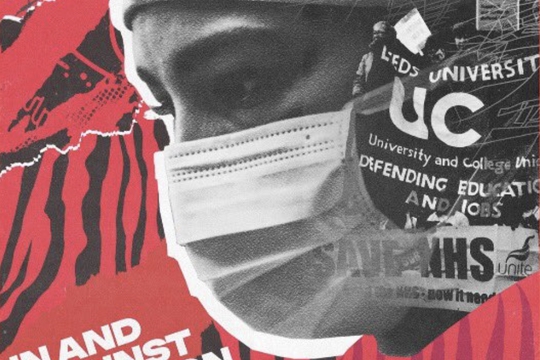
Welcome to the future: this strike wave is just the start
by
Notes from Below
/
April 28, 2023

Class Struggle and Recomposition at the Royal Mail
by
Wilson Fisk
/
April 28, 2023
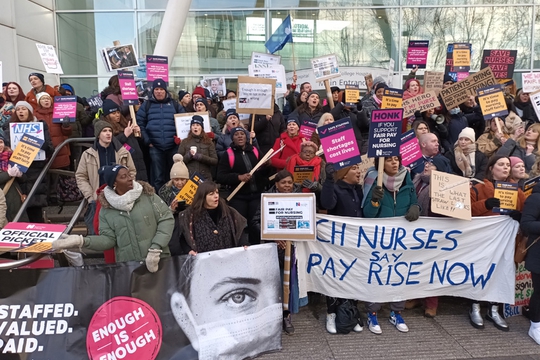
Striking as a Nurse: a story from a first-time striker
by
An Anonymous Nurse
/
April 28, 2023
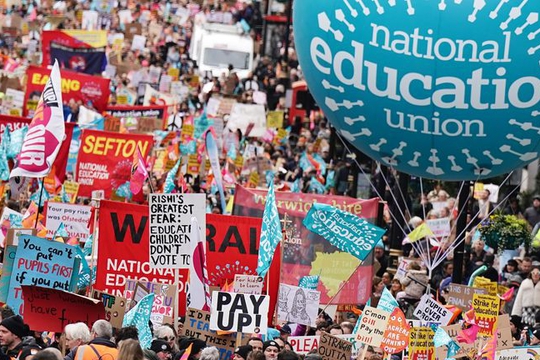
The NEU strike - Winning a rank-and-file led union
by
Vik Chechi-Ribeiro
/
April 28, 2023
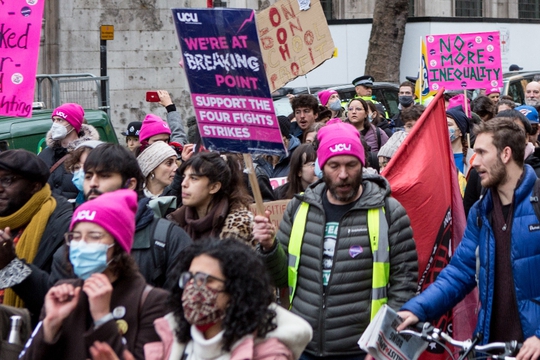
The University Strikes, as seen from Birkbeck Library
by
Anonymous library worker
/
April 28, 2023
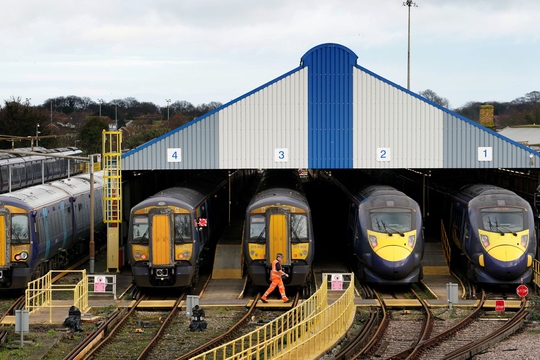
Struggles on the Railways: Critical Reflections of an Engineer
by
A train engineer
/
April 28, 2023
